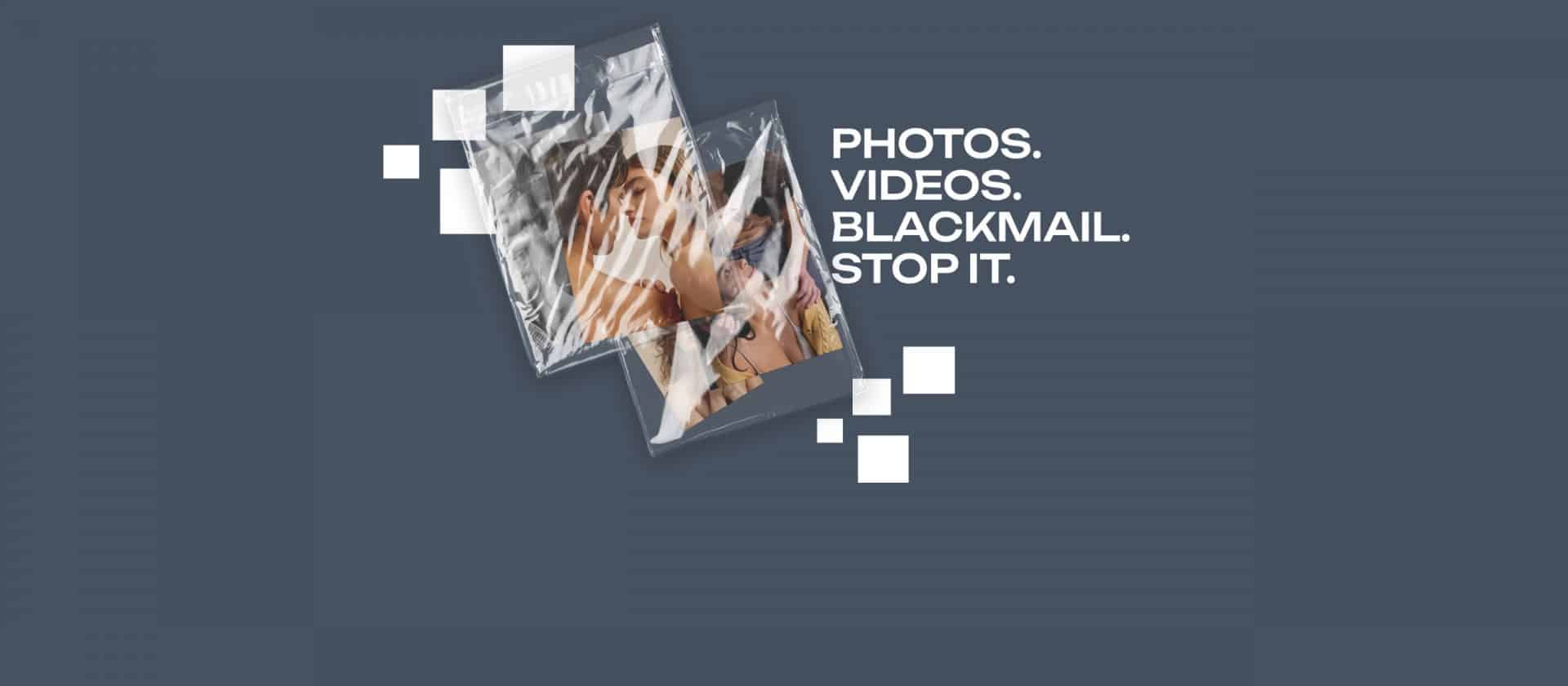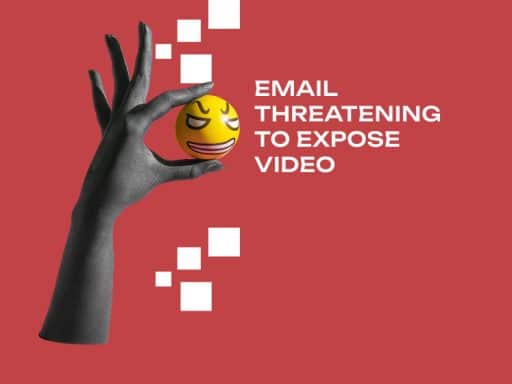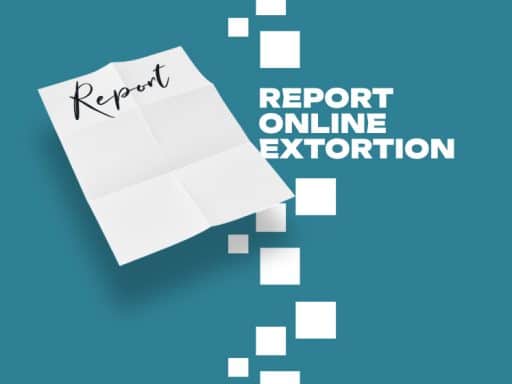When you’re being blackmailed with photos or video, it’s easy to feel overwhelmed or confused about the steps you should take. Should you pay the person who is blackmailing you? No. Your blackmailer may promise that they’ll delete your content after you pay them. However, this is often a trick and only leads to more demands. It’s important not to comply. Instead, follow the steps outlined in the section “Steps You Can Take” to take control of the situation and protect yourself from further extortion.
Key Questions to Ask When Faced with Photo or Video Blackmail
Extortionists are among the most ruthless criminals. They often hide behind online anonymity to avoid consequences while threatening reputational damage or harm. Furthermore, they will use language designed to instill fear in their victims as a ploy to establish compliance.
When faced with this threat, ask yourself the following questions. The answers will play a key role in helping you take the proper steps to stop the blackmail.
Question #1: How Did the Blackmailer Get These Photos or Video?
Regardless of the nature of the images or video being used to blackmail you, understanding how they were obtained is vital. In cases where nude or sexual content is being used to threaten you (i.e., sextortion), you’ll want to know the channels through which you shared these images and with whom. Understanding how your blackmailer obtained the content can help digital forensics experts trace the source of the blackmail. It can also help you identify which accounts and devices are vulnerable to future exposure.
Question #2: What Is the Threat?
When a blackmailer threatens to expose images or videos of you, they will usually provide key information that the right helper can use to reduce your risk of exposure.
For instance, the blackmailer may tell you they will share the content with your Instagram friends or followers. This points to the specific Instagram account you should report to Instagram, the police, and any private investigators involved.
Question #3: What Does Your Blackmailer Demand?
Knowing the terms of the threat – whether it’s money, favors, or other actions – can help you evaluate and respond to the situation properly.
If your blackmailer demands money in exchange for silence, you are likely in a position to delay payment while you seek guidance from the proper authorities.
How to Stop Blackmail with Photos or Video: A Step-by-Step Guide
Equipped with the information you’ve gathered from the questions above, the next step is to get help from the proper channels. Below, we’ll cover the organizations and services that can assist you in preventing exposure and taking proper action against your blackmailer. Remember, if you comply with your blackmailer’s demands, you could worsen your situation. The best route to take when facing blackmail with photos or videos is reporting the crime and preventing exposure.
Contact the Proper Authorities
The first step is to file a report with local law enforcement to inform them of the crime and any messages you’ve received from the criminal. You do not need to provide police with the information, photos, or video you are being blackmailed with. This is not necessary for law enforcement to complete a report and is not something they will ask for.
- For U.S. citizens filing a report with the FBI, please visit the Internet Crime Complaint Center (IC3).
- British citizens and other citizens of the UK should file a report with the National Cyber Security Centre (NCSC).
- AU citizens should file reports on cyber blackmail to the Australian Cyber Security Centre (ACSC).
If you’d like to learn more about working with the police or other law enforcement against extortion like blackmail and sextortion, check out this free resource: What Can The Police Do About Blackmail?
Work with a Cybersecurity Company
Private cybersecurity firms like Digital Forensics Corp. can help locate your blackmailer, upgrade your device security, and prevent potential exposure. If you’d like to speak with a cybersecurity professional, please visit our Blackmail Helpline for a confidential consultation.
Report the Blackmail to System Administrators
As we covered in the previous section, knowing how your blackmailer made contact with you, or your personal network, is a great tool for reducing your potential for exposure. Whether it was through a dating app or social network, you will want to report your blackmailer to the system’s administrator. While the social network or dating app administrator will not be able to stop the blackmail, they can suspend or remove your blackmailer’s account from their network. This can help insulate you from potential exposure through these platforms.
Enlist the Help of an Attorney
If you know the true identity and location of your blackmailer, this can give you proper ammunition to seek civil and criminal action. You can use this information to consult an attorney experienced in handling sextortion and blackmail cases.
For more information on working with an attorney to stop blackmail, you may want to read this article: Why your attorney can’t initially help you with sextortion.
Tell Someone You Trust
It’s important to remember that you are a victim of a crime. You would not isolate yourself in shame if you were a victim of any other type of crime, and you shouldn’t do this when victimized by blackmail. Tell someone you trust and lean on them for emotional support as you go through this ordeal.
Digital Forensics Corp. is Here to Help
Being silent will only make your perpetrator stronger. Whether you’re being threatened with photos or videos, reaching out to blackmail specialists can help bring an end to this nightmare. If you are a victim of blackmail, it is important to reach out for help and fight against your blackmailer.
Digital Forensics Corp. is a cybersecurity firm that specializes in stopping cybercriminals, both for corporate clients and innocent victims like yourself. If you or someone you love is being blackmailed with photos, please contact our Blackmail Helpline at 888.521.1551. You’ll receive a free consultation on the steps you can take to respond to the threats and reduce the risk of exposure.






